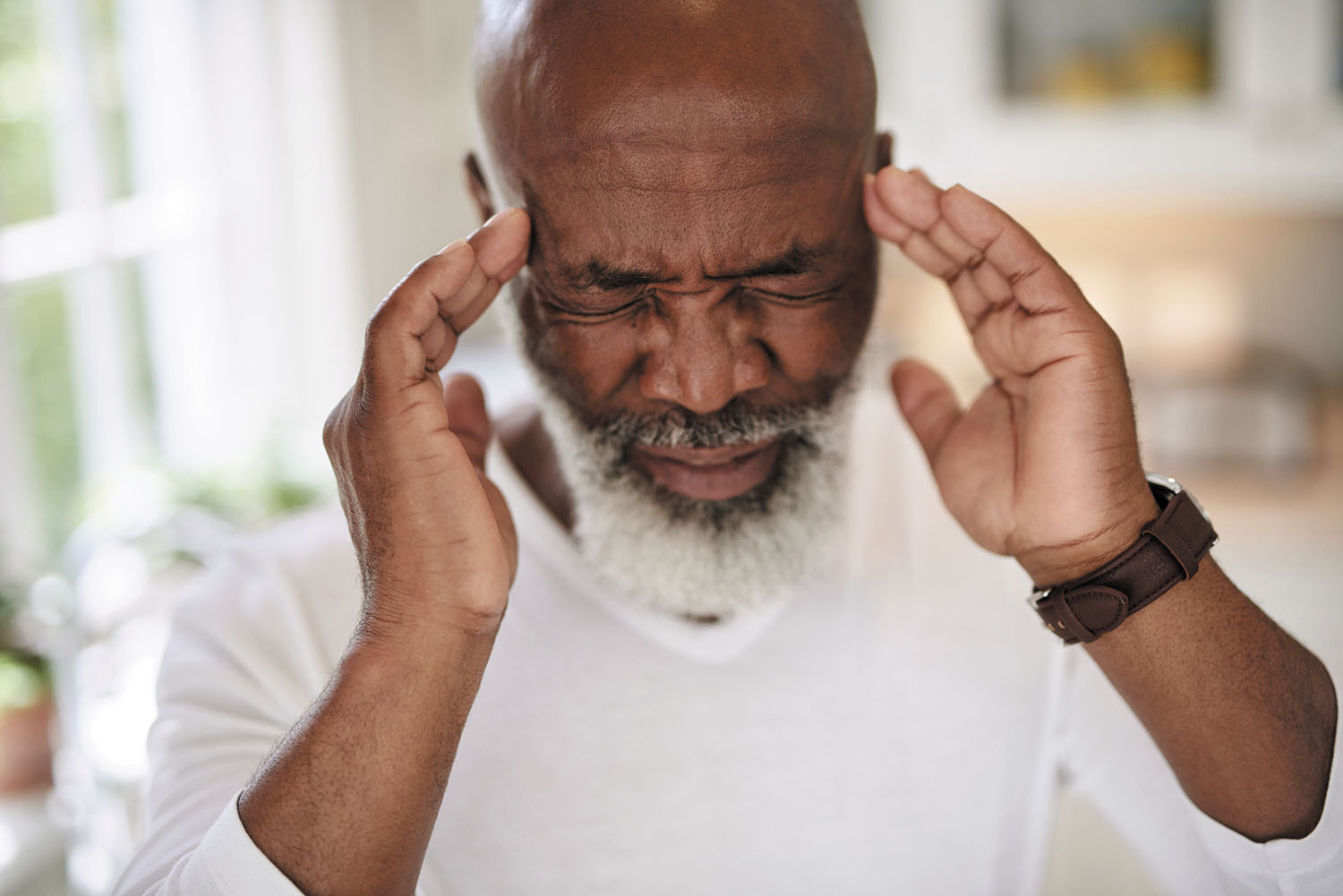Recent Articles

An action plan to fight unhealthy inflammation

How to treat spider bites and when you need to see your doctor

Gratitude enhances health, brings happiness — and may even lengthen lives

Skin care for aging skin: Minimizing age spots, wrinkles, and undereye bags

Medicare versus Medicaid: Key differences

Prostate cancer: Short-course radiation as effective as longer-term treatments

Lost a tooth? What to know about dental implants

Hyperbaric oxygen therapy: Evidence-based uses and unproven claims

Gatorade. Liquid IV. Do you need extra electrolytes?

Sexual violence can cast a long shadow on health
Pain Archive
Articles
Managing back pain
Most acute back pain happens because of weak muscles related to aging and inactivity. Symptoms usually last a few days, but pain and stiffness sometimes linger for a couple of weeks or longer. Frequent episodes can make people less active, as they are fearful about straining their back. Managing acute back pain is a two-step approach. First, treat the pain with over-the-counter remedies, cold and heat therapy, and rest, and then strengthen the back muscles and improve flexibility to prevent recurrent back pain episodes.
Winter activity workarounds for hands that hurt
Hand arthritis makes it tough to do winter activities, such as preparing holiday feasts, shoveling snow, wrapping presents, or using walking or ski poles. It helps to plan out activities, break them up when possible, take lots of breaks, use tools to make the jobs easier, and enlist help if needed. For example, consider asking family and friends to assist with holiday meal prep, or hire a service to remove snow.
Oh, my aching jaw
There are different underlying reasons for the types of orofacial pain commonly called temporomandibular joint problems, or TMJ. Not all of them are caused by problems with the joint itself, and specialists are getting better at diagnosing them. Orofacial pain may result from a joint problem, a muscle-based problem, a headache syndrome, or a pain processing problem.
Pain conditions are more common in women
Women are disproportionately affected by conditions that cause chronic pain, but they sometimes have difficulty getting a definitive diagnosis as to what is causing their pain and may be less likely to receive appropriate treatments even when they do.
When headaches won't go away
Women are three times more likely than men to get migraine headaches, in part because of the hormone estrogen. A number of different medications are available to prevent migraine and stop them when they first start.
Better shoes help you walk away from a common cause of heel pain
Plantar fasciitis is a common cause of heel pain. It affects the band of tissue on the bottom of the foot that connects to the heel.
Recent Articles

An action plan to fight unhealthy inflammation

How to treat spider bites and when you need to see your doctor

Gratitude enhances health, brings happiness — and may even lengthen lives

Skin care for aging skin: Minimizing age spots, wrinkles, and undereye bags

Medicare versus Medicaid: Key differences

Prostate cancer: Short-course radiation as effective as longer-term treatments

Lost a tooth? What to know about dental implants

Hyperbaric oxygen therapy: Evidence-based uses and unproven claims

Gatorade. Liquid IV. Do you need extra electrolytes?

Sexual violence can cast a long shadow on health
Free Healthbeat Signup
Get the latest in health news delivered to your inbox!
Sign Up











